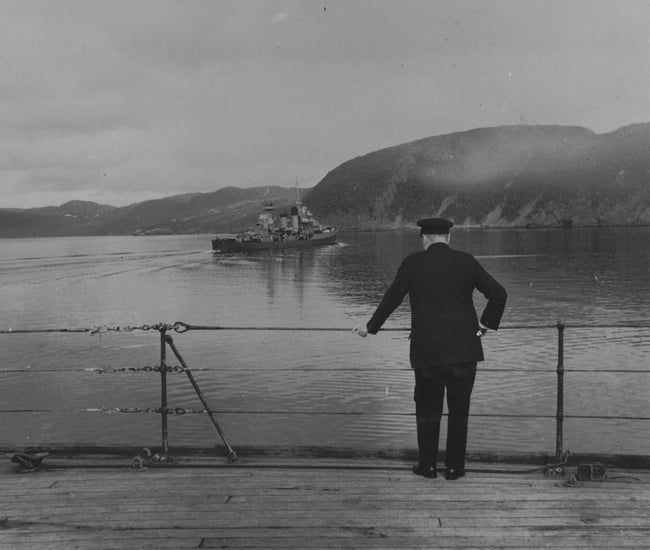Discover Policy Brief
n°22
UNESCO Recommendation on protecting documentary heritage including in digital form
JULY 2016
UNESCO’s new Recommendation on protecting documentary heritage including in digital form is a valuable advocacy and communications tool. It provides a framework for action that is relevant to a broad range of stakeholders in the UK who are involved with the identification, preservation and promotion of documentary heritage. The Recommendation addresses both the technical and strategic issues that arise in the preservation and use of documentary heritage, providing practical, actionable recommendations.
In outlining Member States’ responsibilities in preserving the memory of
the nation, the Recommendation reflects what national experts agree to be long-standing good practice in the UK. From large memory institutions in the UK, such as The National Archives and The British Library, to smaller and local bodies, such as local authority record offices, the Recommendation reinforces the importance and appropriateness of the work that these organisations undertake. Importantly, the Recommendation provides an external, independent and authoritative mandate for these organisations’ work in the identification, protection and promotion of documentary heritage.
The Recommendation gives necessary attention to digital heritage – as well as to the traditional, analogue forms of documentary heritage. It is necessary attention because digital materials are at high risk of loss from the moment they are created. As a result, the Recommendation involves a broader network of actors beyond those within traditional memory institutions.
In order to promote greater engagement with the Recommendation, there is a need to raise awareness around the definition of documentary heritage, including digital heritage, and responsibilities towards protecting and promoting it. Specifically, this includes understanding the nature and value of digital heritage and how and why it must be protected by those who create it. For example, it incorporates: data centres, software developers, publishers, corporate organisations, private individuals as well as policy makers and decision-makers who each have their own responsibilities towards the new Recommendation.
In this way, the Recommendation has two purposes. First, it is an advocacy tool to communicate what is already happening within some of the UK’s archival institutions. Second, it highlights the need for awareness raising and capacity building among organisations that do not yet perceive themselves to be custodians of memory but have a critical role to play in this arena.
In summary, the Recommendation is a useful document for the UK as it:
→
Engages with the current policy landscape;
→
Supports current initiatives and practices;
→
Is a useful advocacy and communications tool;
→
Provides a catalyst and focus for collaboration across the UK and worldwide.
? Browse #PolicyBriefs

Enhancing and Harmonising the Strategic Management of UNESCO’s Goodwill Ambassador Programme
AUGUST 2013
#PolicyBrief n°11

An evaluation of the Intergovernmental Oceanographic Commission’s role in global marine science and oceanography
FEBRUARY 2015
#PolicyBrief n°13
The UK National Commission for UNESCO’s Policy Advice
We work with world-leading experts to advise the UK and devolved governments on UNESCO-related issues and to shape UNESCO’s programmes
From analysing global education goals to practical steps to implement UNESCO’s Recommendations, our advice helps ensure UNESCO’s work is effective and UK governments can fulfil their commitments as members of UNESCO
🌝 Visit Our Policy Advice






